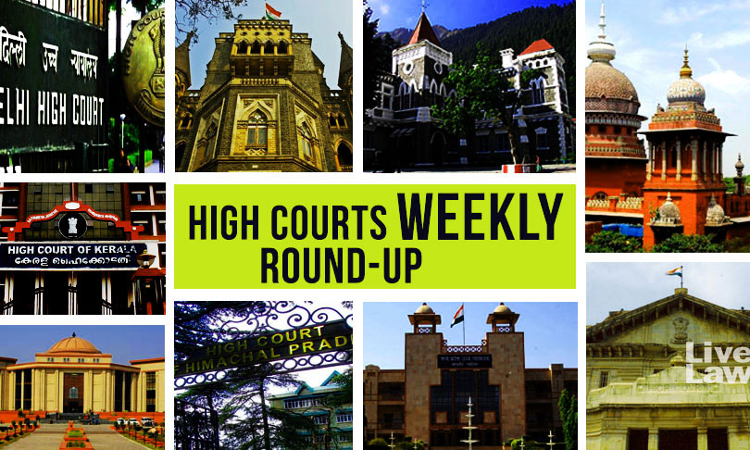- Home
- /
- News Updates
- /
- High Courts Weekly Round-Up
High Courts Weekly Round-Up
Arabhi Anandan
27 Jan 2020 9:18 AM IST
Allahabad High Court No Religion Prescribes Use Of Loudspeakers For Worshipping: Allahabad HC Declines Mosques' Request To Install Loudspeaker For Azaan [Masroor Ahmad & Anr. v. State of UP & Ors.] Stating that no religion prescribes the use of loudspeakers for worshipping, the Allahabad High Court declined the permission sought by two mosques to...
Next Story



